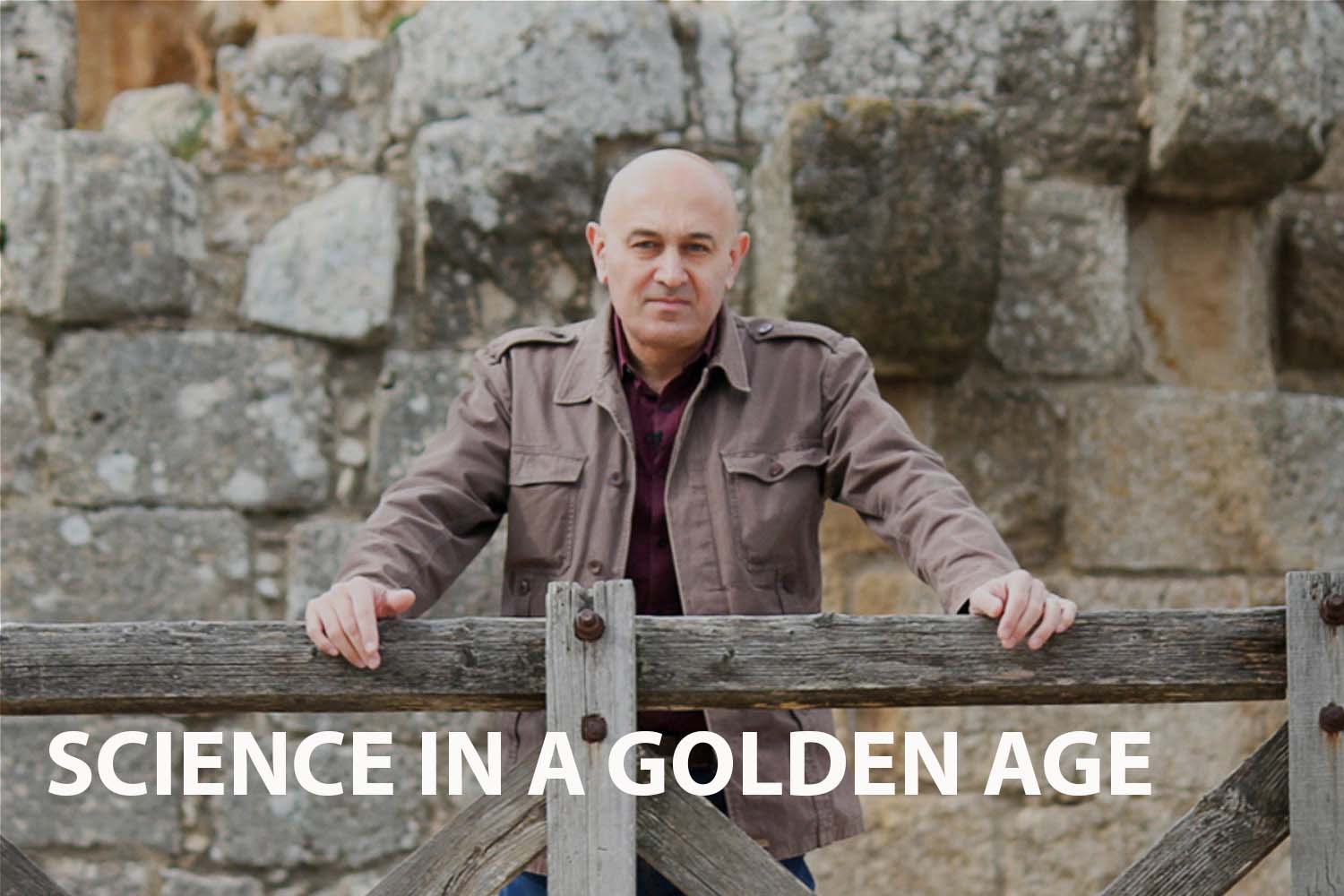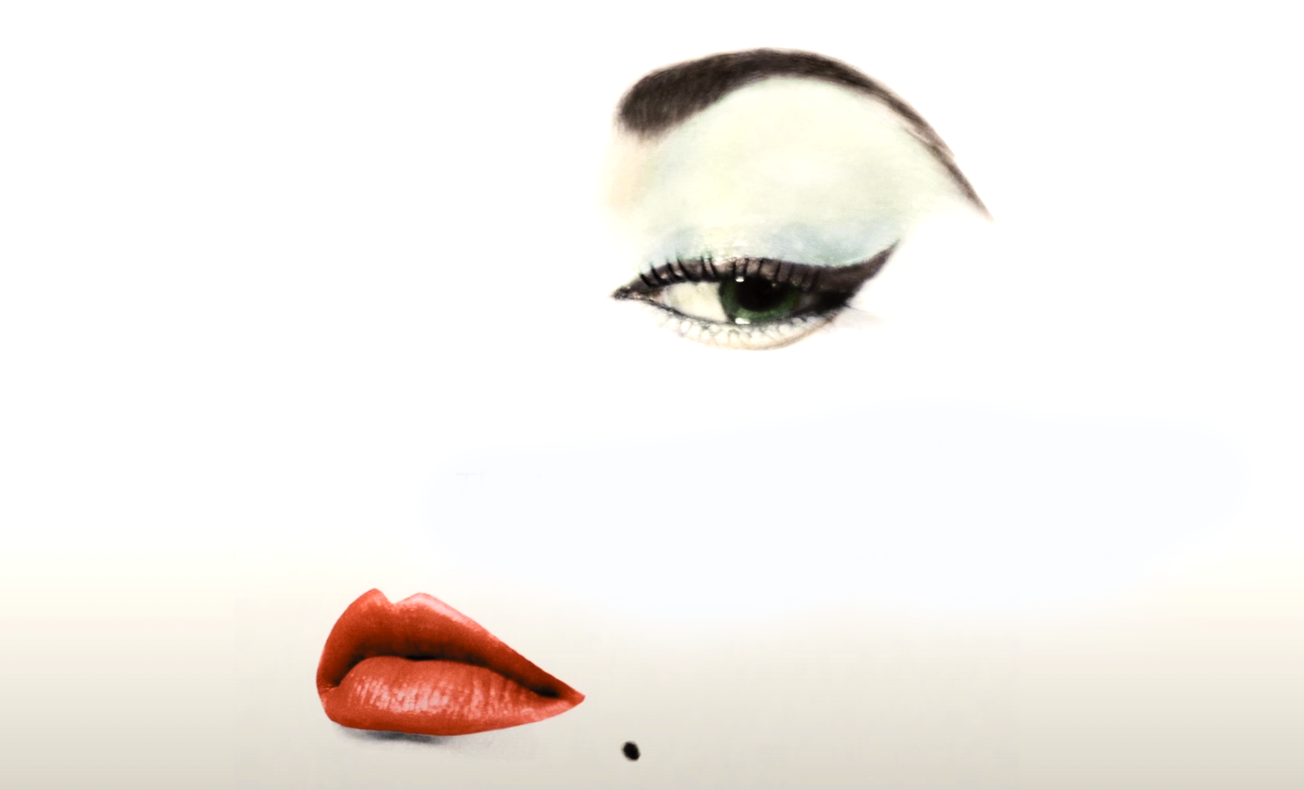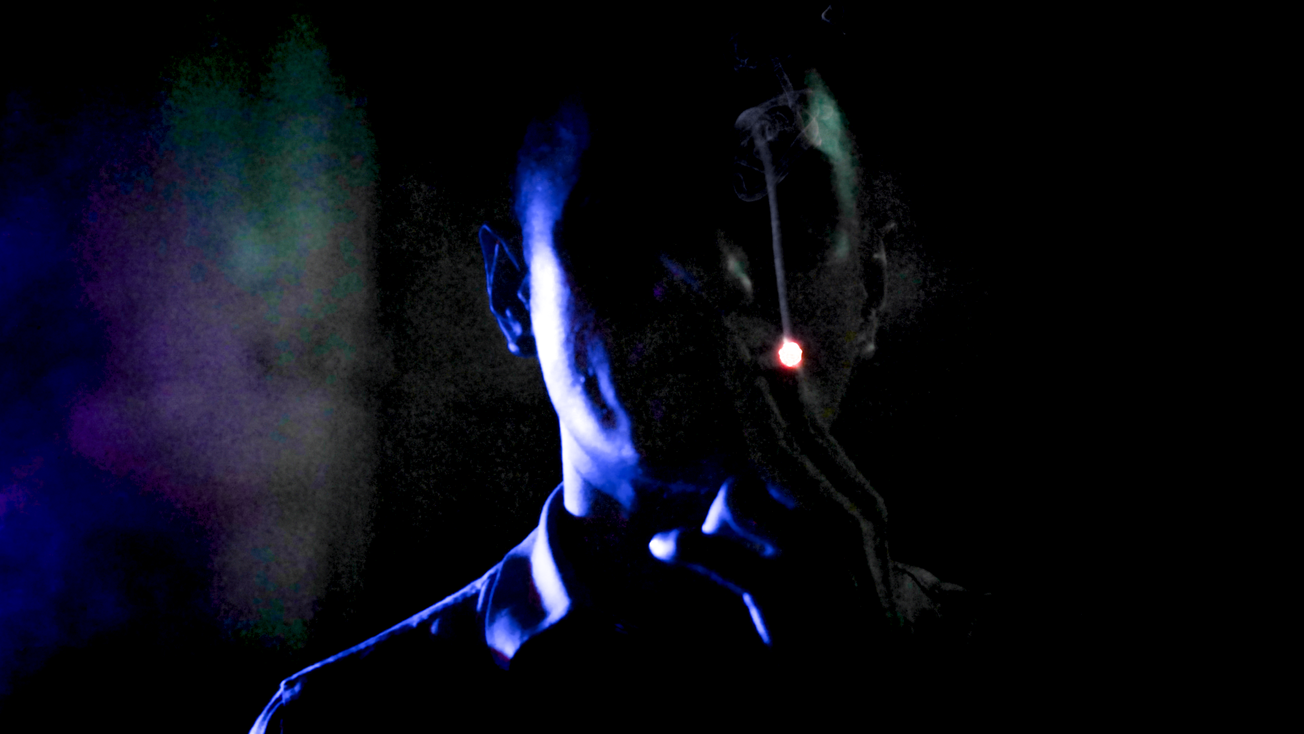Keywords: Islamic Golden Age, Scientific advances, Islamic scholars, Modern Science, Astronomy, Medicine, Al-Jazeera. Three words: Enlightening, Historical, Educational
Introduction
"Science in a Golden Age" is a thought-provoking documentary directed by the Al-Jazeera network and released in 2015. It explores the significant but often overlooked contributions made by Islamic scholars during the Islamic Golden Age to various fields of science that have shaped the world as we know it today.
Synopsis
"Science in a Golden Age" takes viewers on a journey back to a time when Islamic scholars were at the forefront of scientific discovery. These intellectual pioneers made significant advancements in fields such as astronomy, medicine, and mathematics, laying the groundwork for much of the scientific knowledge we take for granted today.
More Film Analysis
Analysis
The documentary employs a well-researched and accessible approach, delving deep into the Islamic Golden Age's scientific advancements. It takes a comprehensive look at the work of these scholars, detailing their methods, discoveries, and their impact on modern science.
Historical and Factual Context
The Islamic Golden Age, spanning the 8th to the 14th centuries, was a period of cultural, economic, and scientific flourishing in the history of the Islamic World. This documentary provides valuable context to this era and its significant contributions to science.
Key themes in the film
- The importance and impact of Islamic scholars on modern science
- The advancements in astronomy, medicine, and mathematics during the Islamic Golden Age
- The cultural and intellectual richness of the Islamic world in the middle ages
Film Comparisons
"Science in a Golden Age" can be compared to documentaries such as "Cosmos: A Spacetime Odyssey" for its exploration of scientific history. However, its unique focus on Islamic contributions sets it apart.
Noteworthy Moments
A key revelation in the documentary is the realization of how many common scientific concepts and terms, such as "algorithm" and "algebra," have their roots in the work of Islamic scholars.
Reviews
This documentary has been well-received for its enlightening exploration of a lesser-known period of scientific history. Critics have praised its unbiased approach and in-depth research.
Conclusion
"Science in a Golden Age" is a must-watch for anyone interested in the history of science, particularly those curious about the often overlooked contributions of Islamic scholars to modern scientific knowledge.
More film information:
FILM SUMMARY
- IMDB score: 8.1/10
- Rotten Tomatoes score: 85%
- Metacritic score: 78
- Film festival awards: N/A
PERSONALITIES
- Islamic scholars from the Golden Age
- Modern scientists and historians offering expert commentary
LOCATIONS
- Historical regions of the Islamic Golden Age
- Modern laboratories and universities
Key Questions Raised by the Film:
- How did Islamic scholars contribute to modern science?
- What were the significant scientific advancements made during the Islamic Golden Age?
- How can we better acknowledge and appreciate these contributions?
Links for Further Exploration:
I wonder what the film would be in another art form
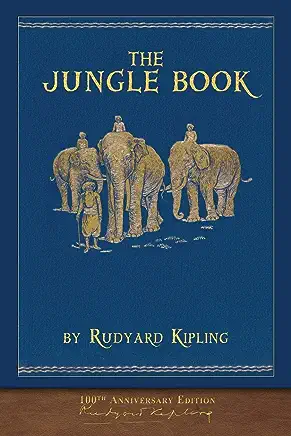
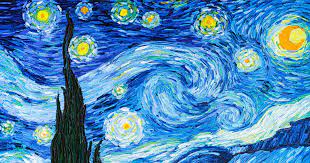

- If this film was a famous book, it would be "A Short History of Nearly Everything" by Bill Bryson for its comprehensive exploration of scientific history.
- If this film was a famous song, it would be "Across The Universe" by The Beatles for its contemplation of the cosmos.
- If this film was a famous piece of art, it would be "The Starry Night" by Vincent Van Gogh, reflecting the Islamic scholars' contributions to astronomy.
- If this film was a famous celebrity, it would be Neil deGrasse Tyson for his passion for spreading scientific knowledge.
- If this film was a color, it would be golden, representing the Golden Age of Islam.
- If this film was a music style, it would be classical, for its depth and timeless relevance.
